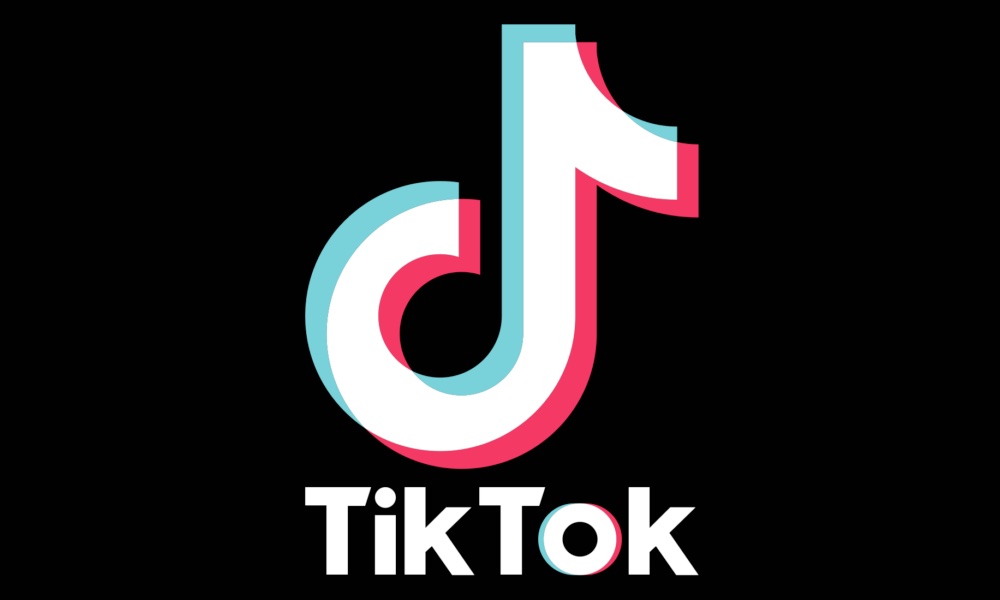Posts about food, dieting and nutrition get a lot of views on TikTok, but the quality of this content varies widely. Some of it presents solid information, based on research and written by experts such as registered nutritionists or dietitians. But much of it does not.
Researchers at the University of Vermont recently analyzed the top 10 videos from each of 10 common food, weight-related and nutrition hashtags to identify important themes in these posts.
What they found was that the videos mainly celebrated weight-loss and presented it in a way that equated thinness with health. As a result young people are frequently exposed to content that perpetuates diet culture, the belief that weight is integrally related to health and the idea that everyone can achieve a so-called ideal or normal weight, a concerning finding, given that social media use among young people has been found to be associated with negative body image and disordered eating.
“Every day, millions of young people are being fed content on TikTok that paints an unrealistic and inaccurate picture of food, nutrition and health,” Lizzy Pope, corresponding author on the study, told TheDoctor. Getting stuck on weight-loss TikTok is a “tough environment,” particularly for young people, the primary users of the platform, she added.Look for posts by registered dietitians and nutritionists. Some experts use their social media accounts to give advice that can be helpful.
The hashtags included in the analysis were #weightloss, #whatieatinaday, #diet, #plussize, #weightlossjourney, #mealprep, #bodypositivity, #fatloss, #weightlosscheck, and #nutrition. All 100 videos had more than 1.1 billion views when the study began in 2020.
White women of high school or college age were the content creators for a majority of the videos. Only about 17 percent of creators had a larger body type, while 34 percent had an average or medium body type. Of the 100 videos, only 1.4 percent were created by registered dietitians, which suggests very little sound nutrition advice is available on TikTok. Pope, an associate professor at the University of Vermont, said other studies have also found inaccurate nutrition messaging to be widely available on social media.
“I would advise people not to look for diet and nutrition advice on social media,” Pope says. “It’s a real minefield out there!” She advises those seeking advice to look for posts from registered dietitians and nutritionists. Some experts use their social media accounts to give advice that can be helpful.
The team would like to address ways to combat misinformation on social media in future studies. They are also interested in changing the conversation around weight and health in the U.S. through nutrition education and helping people understand that conflating weight and health is a big problem. “Our group is more interested in looking at weight inclusivity, and how we can help people foster better relationships with food and their body,” she said.
The study is published in PLOS One.





